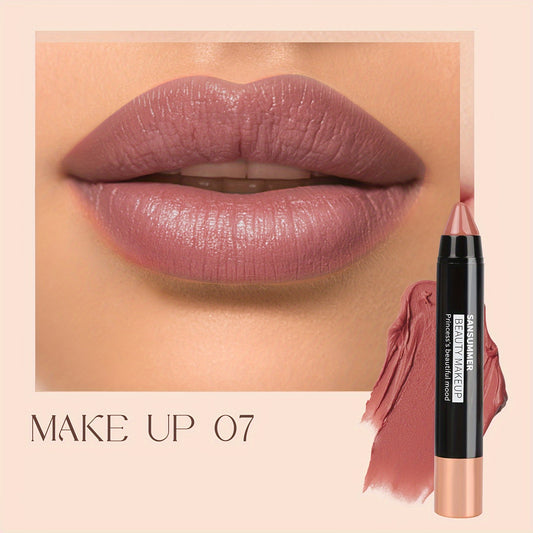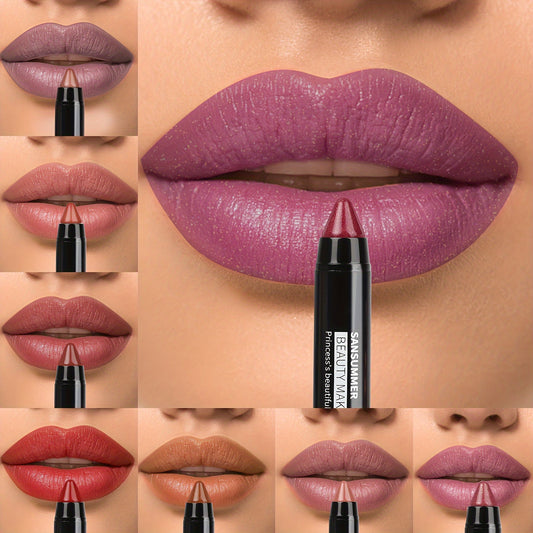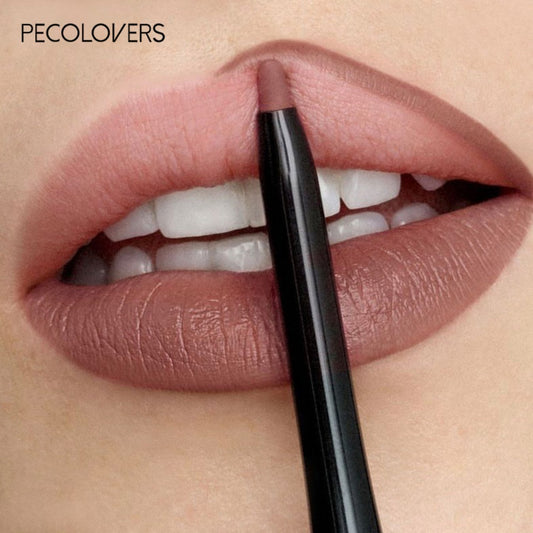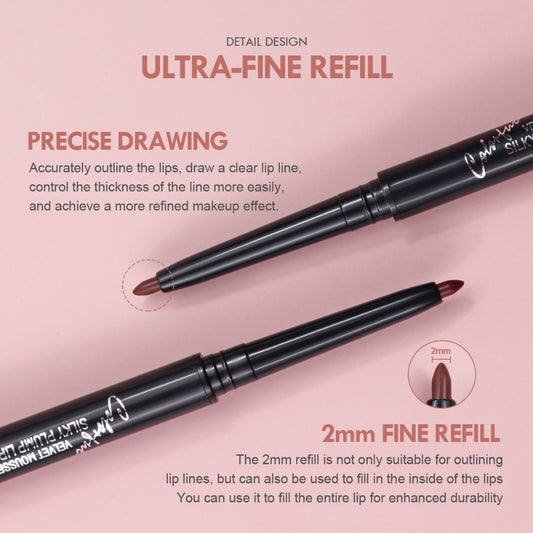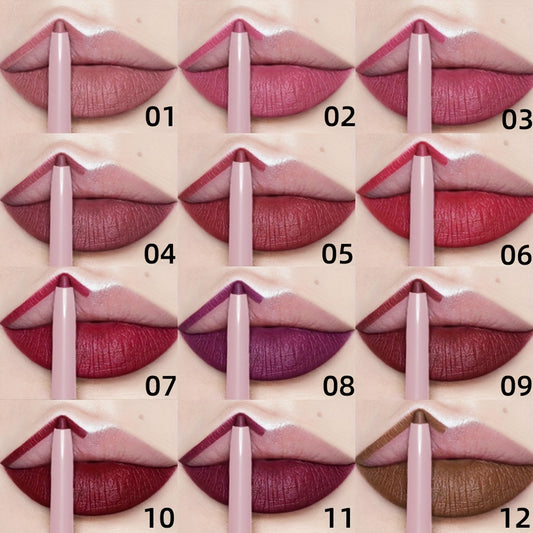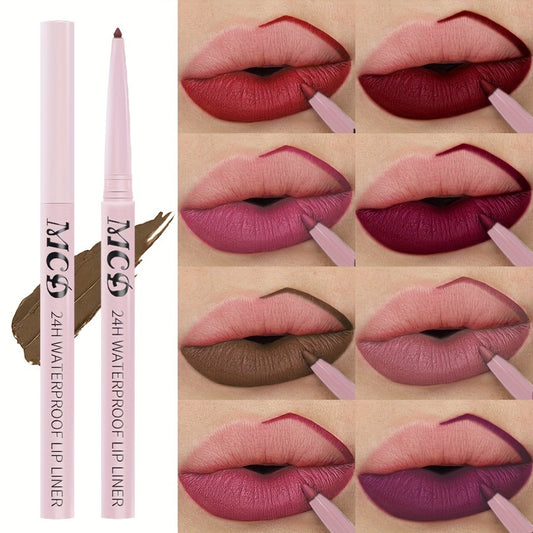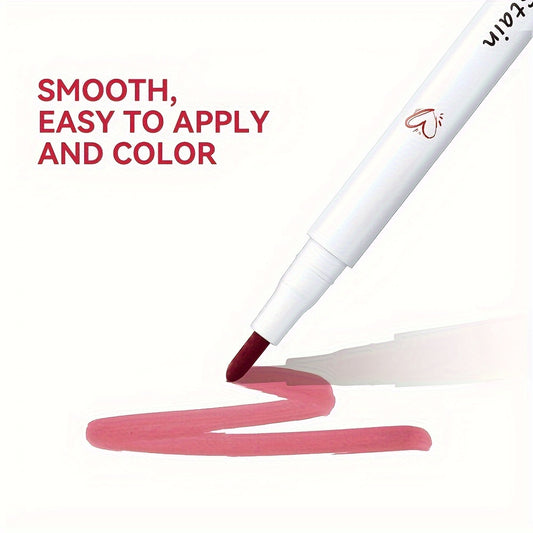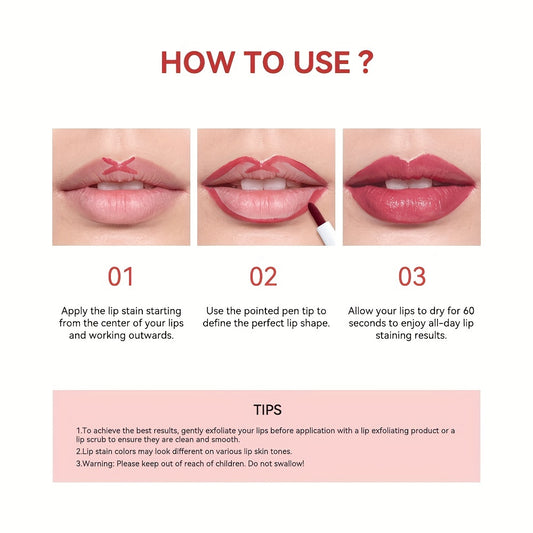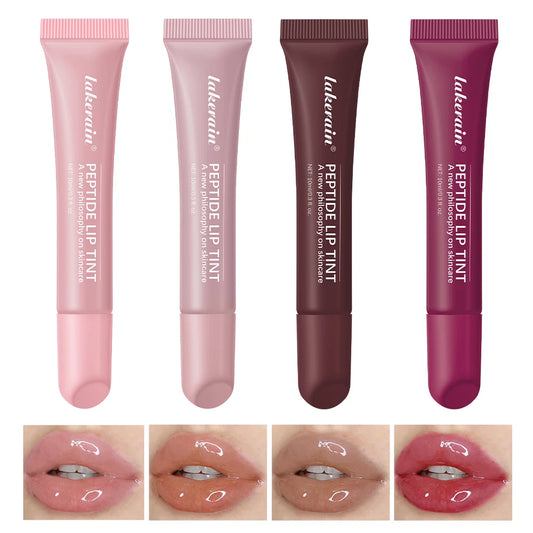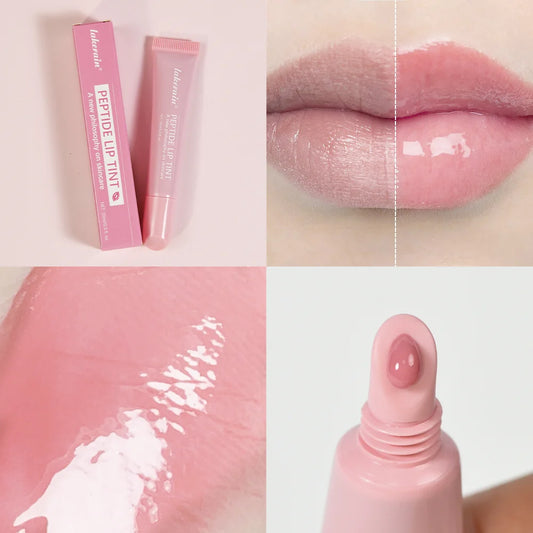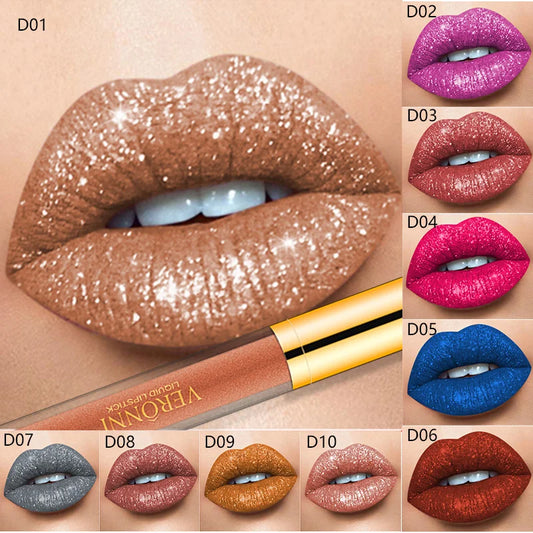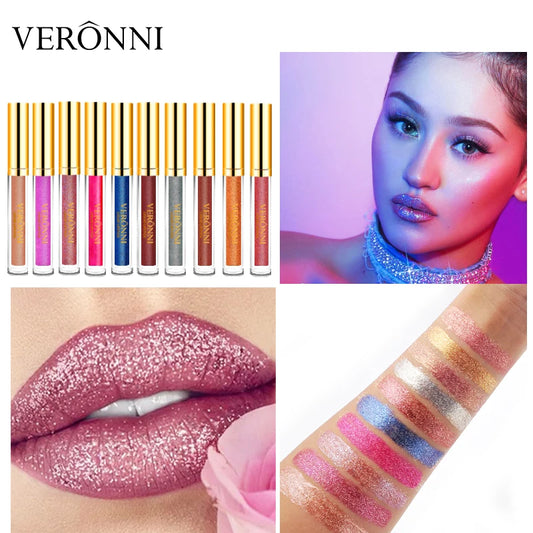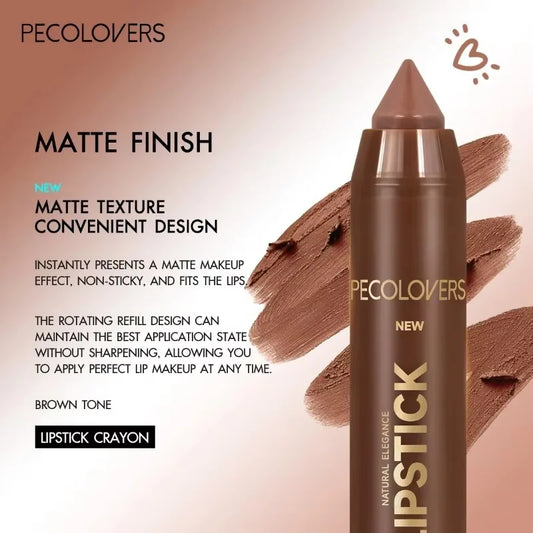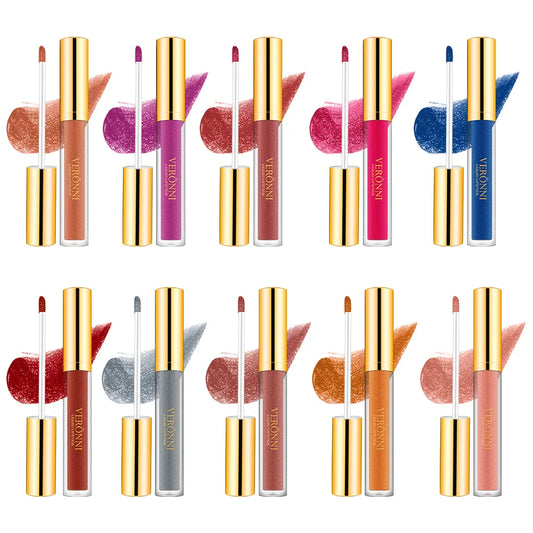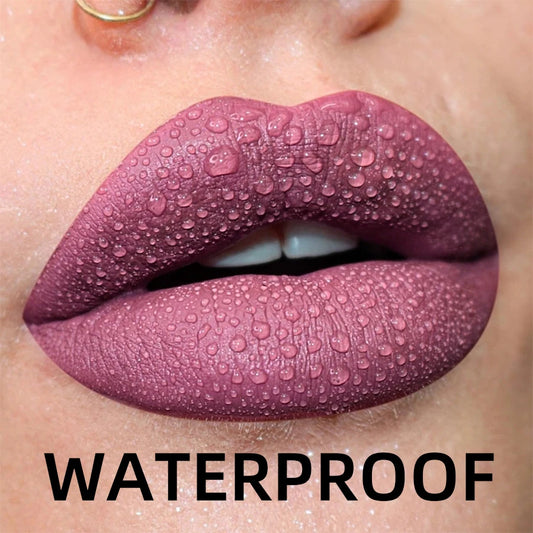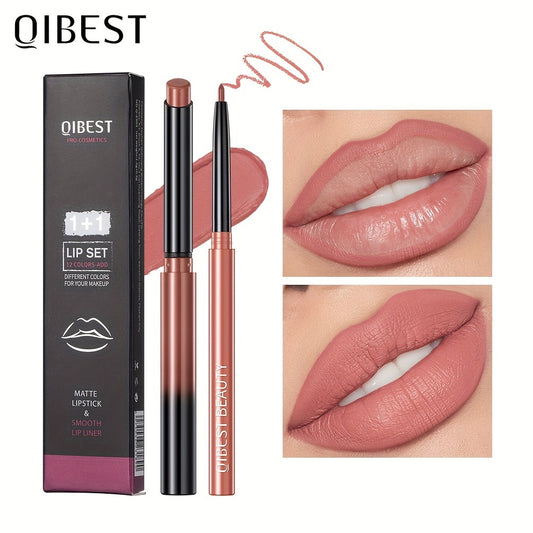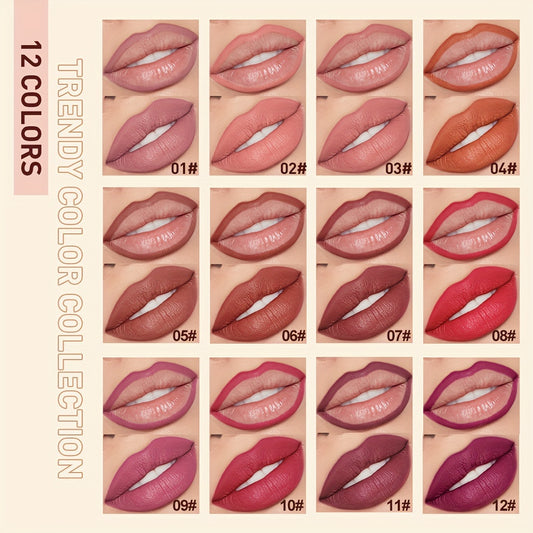The Ultimate Age Skincare Guide: Tailoring Your Routine for Every Decade
Share
As we go through life, our skin changes. What worked in our 20s might not be the best for our 40s, and that's totally normal. This guide is all about figuring out the right age skincare for you, no matter your decade. We'll cover what your skin needs and how to adjust your routine to keep it looking and feeling its best. Think of it as a roadmap for healthy, happy skin at every stage.
Key Takeaways
- Start early with age skincare in your 20s to focus on prevention, like using sunscreen daily.
- In your 30s, it's time to target early signs of aging and boost collagen with specific products.
- Your 40s are about prioritizing deep hydration and addressing more noticeable wrinkles and spots.
- For your 50s and beyond, focus on intense moisture and strengthening your skin barrier.
- Lifestyle choices like diet, sleep, and stress management play a big role in how your skin ages.
Your 20s: Laying The Foundation For Ageless Skin
Okay, so you're in your 20s. This is honestly the best time to get your skincare routine sorted, not because you have a ton of wrinkles to worry about right now, but because what you do now sets you up for the future. Think of it like building a really solid house – you need a good foundation, right? Your skin is still pretty resilient and bouncy in your 20s, but it's also starting to show the first little hints of what's to come if you're not careful. The main goal here is prevention. We're talking about protecting your skin from damage before it really happens.
Gentle Cleansing For Vitality
First things first, you gotta wash your face. But not with anything too harsh, okay? You want to get rid of all the gunk from the day – makeup, pollution, whatever – without stripping your skin of its natural oils. Over-washing or using really strong cleansers can mess with your skin's natural balance, making it either too dry or, ironically, causing it to produce more oil. So, pick a cleanser that feels good and leaves your skin feeling clean but not tight. Aim to cleanse both in the morning and at night.
Hydration To Maintain Suppleness
Even if your skin feels oily, it still needs moisture. Seriously. When your skin doesn't get enough hydration, it can actually start producing more oil to compensate, which can lead to breakouts. Using a good moisturizer helps keep your skin plump and soft. For most people in their 20s, a lightweight, non-comedogenic (meaning it won't clog your pores) moisturizer is the way to go. Look for ingredients like hyaluronic acid; it's like a magnet for water, keeping your skin hydrated.
Sunscreen For Daily Protection
This is probably the most important step, and I can't stress it enough: wear sunscreen. Every. Single. Day. Even when it's cloudy. UV rays from the sun are a major cause of premature aging – think fine lines, wrinkles, and dark spots down the road. Plus, it's your best defense against skin cancer. You need a broad-spectrum sunscreen with at least SPF 30. Make it a habit, like brushing your teeth. Slap it on every morning, and if you're going to be outside for a while, reapply it every couple of hours.
Antioxidants To Combat Free Radicals
So, what are antioxidants? Think of them as little bodyguards for your skin. They help fight off something called free radicals, which are unstable molecules that can damage your skin cells. These free radicals come from things like pollution, UV rays, and even just normal body processes. Using products with antioxidants, like Vitamin C serums or creams with green tea extract, can help neutralize these bad guys and keep your skin looking brighter and healthier. It's like giving your skin an extra layer of defense.
Your 20s are all about building good habits. It might seem like overkill now, but trust me, your future self will thank you. Focus on gentle care, consistent protection, and hydration. That's the golden ticket to keeping your skin happy and healthy for years to come.
Navigating Your 30s: Targeted Age Skincare Strategies
Okay, so you've hit your 30s. It's a pretty cool decade, right? Life might be getting busier, maybe you're juggling a career, family, or just trying to figure things out. Your skin is probably starting to show it a little bit, too. Those tiny lines around your eyes that you used to only see when you squinted? Yeah, they might be sticking around a bit more now. And that youthful plumpness? It might feel like it's starting to fade. It’s not the end of the world, not even close, but it does mean it’s time to switch gears a bit with your skincare. Think of it as upgrading your routine from 'maintenance' to 'active repair'.
Addressing Early Signs Of Aging
This is where you really start to pay attention to those first whispers of aging. Fine lines, maybe a bit of dullness, or uneven texture are common. The good news is, you can do a lot about it. It’s time to introduce ingredients that actively work to smooth and brighten your complexion.
- Retinoids: These are vitamin A derivatives and are pretty much gold standard for anti-aging. They help speed up cell turnover, which can make fine lines less noticeable, and they also boost collagen production. Start slow with a lower concentration a couple of times a week to let your skin get used to it. You can find them in prescription forms or over-the-counter serums and creams.
- Peptides: Think of these as little messengers that tell your skin to make more collagen. They're great for improving skin firmness and reducing the appearance of wrinkles. You'll often find them in serums and moisturizers.
- Hyaluronic Acid: While it’s a hydration hero at any age, in your 30s, it’s especially important for plumping up the skin and making those fine lines look less obvious. It draws moisture into the skin, giving you that dewy look.
Boosting Collagen Production
Collagen is that protein that keeps your skin firm and bouncy. Unfortunately, it starts to decrease in your late 20s and continues to decline as you age. So, in your 30s, actively encouraging its production is key.
- Vitamin C Serums: These are fantastic antioxidants that not only protect your skin from environmental damage but also play a role in collagen synthesis. Look for serums with L-ascorbic acid, the most potent form, and use them in the morning to protect against daily stressors.
- Growth Factors: These are proteins that signal skin cells to grow and repair. They can be quite effective in improving skin texture and firmness.
- Microneedling (at home or professional): This creates tiny controlled injuries in the skin, which triggers the natural healing process and stimulates collagen production. If you're new to it, maybe start with a derma roller with a shorter needle length or see a professional first.
Enhancing Skin Brightness
If your skin is looking a bit lackluster, it might be due to slower cell turnover or lingering hyperpigmentation from sun exposure or breakouts. Brightening ingredients can really make a difference.
- Exfoliation: This is non-negotiable. Chemical exfoliants like AHAs (glycolic acid, lactic acid) and BHAs (salicylic acid) are great. AHAs help shed dead skin cells from the surface, revealing brighter skin, while BHAs can get into pores to clear them out. Aim for 2-3 times a week, depending on your skin's tolerance.
- Niacinamide: Also known as vitamin B3, this ingredient is a multitasker. It helps improve skin texture, reduce redness, minimize pores, and fade dark spots.
- Alpha Arbutin and Kojic Acid: These are good for targeting specific dark spots and uneven skin tone.
Protecting Against Environmental Damage
Your skin has been exposed to the elements for a few decades now, and cumulative damage can start to show. Protecting it from further harm is just as important as repairing existing concerns.
The biggest environmental aggressor is the sun. Even on cloudy days, UV rays can penetrate your skin, leading to premature aging and increasing your risk of skin cancer. Making sunscreen a non-negotiable part of your daily routine, rain or shine, is the single most effective thing you can do for your skin's long-term health and appearance.
- Broad-Spectrum Sunscreen: Always use SPF 30 or higher. Reapply every two hours if you're outdoors. Mineral sunscreens with zinc oxide and titanium dioxide are often gentler for sensitive skin.
- Antioxidants: As mentioned, Vitamin C is a big one. Others include Vitamin E, ferulic acid, and green tea extract. These ingredients help neutralize free radicals, which are unstable molecules that can damage skin cells and accelerate aging.
- Pollution Protection: If you live in a city, pollution can also take a toll. Look for products with antioxidants and ingredients that help strengthen your skin's natural barrier.
Embracing Your 40s: Hydration And Repair

Okay, so your 40s. This is the decade where things can start to feel a bit different with your skin. It's not a bad thing, just… different. You might notice your skin isn't bouncing back quite like it used to, and dryness can become a bigger issue. The main goal here is to really focus on keeping your skin hydrated and helping it repair itself. Think of it as giving your skin a big drink of water and a little bit of TLC.
Prioritizing Deep Hydration
This is probably the most important part of your skincare routine right now. As we get older, our skin naturally loses some of its ability to hold onto moisture. So, we need to help it out. Using creamy, hydrating cleansers instead of harsh ones is a good start. Then, layer on serums with ingredients like hyaluronic acid – that stuff is like a magnet for moisture. And don't skimp on moisturizer; pick one that feels rich and nourishing.
- Hydrating Cleansers: Look for milk or oil-based formulas.
- Hydrating Serums: Hyaluronic acid, glycerin, and aloe vera are your friends.
- Rich Moisturizers: Choose creams that feel substantial and lock in moisture.
- Hydrating Masks: Use these a couple of times a week, especially if your skin feels tight or dry.
Targeting Pronounced Wrinkles
Those fine lines you might have noticed in your 30s? They can start to look a bit more settled in your 40s. While we can't erase them completely (and honestly, who wants to?), we can certainly make them less noticeable. This is where targeted treatments come in. Think about products with ingredients that help plump up the skin or encourage cell turnover. Retinoids, if you're tolerating them, can be really helpful here, but start slow. Peptides are also great for signaling your skin to produce more collagen.
Restoring Skin Elasticity
Skin elasticity is basically how bouncy your skin is. When it starts to decrease, you might notice your skin feels a bit looser. Again, hydration plays a huge role here. But also, ingredients that support collagen production are key. Vitamin C is fantastic for this, not only for brightening but also for helping build collagen. Regular, gentle exfoliation can also help reveal smoother, firmer-looking skin underneath.
Addressing Age Spots and Hyperpigmentation
Sun damage from years past can really start to show up in your 40s in the form of dark spots or uneven skin tone. Sunscreen is non-negotiable, every single day, even when it's cloudy. For existing spots, look for ingredients like vitamin C, niacinamide, or gentle exfoliants that can help fade them over time. Consistency is really the name of the game here.
It's easy to get caught up in trying to fix every little thing, but remember that your skin tells a story. The goal isn't to look twenty again, but to look like the best version of yourself at forty-something. Focus on health and radiance, and the rest will follow.
Your 50s And Beyond: Nourishing Mature Skin

Intense Hydration For Dryness
As we hit our 50s and beyond, our skin naturally starts to get drier. It’s not just about feeling a bit tight; it’s a sign that your skin’s ability to hold onto moisture isn’t what it used to be. This means we need to switch gears and really focus on quenching that thirst. Think of your skin like a sponge that’s dried out – it needs a good soak! Using richer, creamier cleansers instead of foaming ones is a good start. They clean without stripping away those precious natural oils. And don't skimp on moisturizer; pick ones that feel substantial and have ingredients like ceramides or shea butter. These help build up your skin’s natural defenses, keeping moisture locked in.
Gentle Exfoliation Techniques
Exfoliation is still important in your 50s, but you’ve got to be gentle. Those harsh scrubs you might have used in your younger days? Probably best to leave those on the shelf. They can cause more irritation than good when your skin is more delicate. Instead, look for exfoliants that use mild acids, like AHAs (think glycolic or lactic acid) or BHAs, or even enzyme-based ones. Using them just once or twice a week is usually plenty. The goal here isn't to scrub away the years, but to help slough off dead skin cells so your other products can actually get in and do their job. It helps keep your complexion looking brighter and smoother without causing redness or sensitivity.
Strengthening The Skin Barrier
Your skin barrier is like your body's first line of defense. In our 50s, this barrier can get a bit weaker, making skin more vulnerable to irritation and moisture loss. That's why focusing on strengthening it is so key. Ingredients like ceramides, fatty acids, and cholesterol are like the building blocks for a healthy skin barrier. You'll find them in many good moisturizers and serums. When your barrier is strong, your skin feels more comfortable, looks plumper, and is better equipped to handle environmental stressors. It’s all about creating a resilient shield.
Collagen-Boosting Serums And Peptides
Collagen is that protein that keeps our skin looking firm and youthful. Unfortunately, its production slows down as we age. This is where targeted serums can really make a difference. Look for products that contain peptides. These are like little messengers that can signal your skin to produce more collagen. Vitamin C is another powerhouse ingredient; it not only helps brighten your skin but also plays a role in collagen synthesis and offers antioxidant protection. Using these types of serums consistently can help improve skin texture, reduce the appearance of fine lines, and give your skin a more lifted look. It’s about supporting your skin’s natural functions rather than fighting against them.
Taking care of mature skin is less about drastic changes and more about consistent, nurturing care. It's about listening to what your skin needs now and giving it the right support to stay healthy and comfortable.
Professional Age Skincare Treatments
Understanding Treatment Options
Okay, so you've got your daily routine down pat, but sometimes, you just need a little extra help, right? That's where professional treatments come in. Think of them as a turbo-boost for your skin when at-home care isn't quite cutting it. There's a whole menu of options out there, and what's right for you really depends on what you're trying to fix or improve. We're talking about things that can tackle wrinkles, uneven tone, dullness, and even those stubborn spots that just won't budge.
Some popular choices include:
- Chemical Peels: These use special solutions to remove the outer layers of skin, revealing smoother, brighter skin underneath. They can help with fine lines, acne scars, and sun damage. You can get light peels for a quick refresh or deeper ones for more significant changes.
- Laser Treatments: Lasers can do a lot of different things, from resurfacing your skin to targeting redness and broken blood vessels. Some lasers help boost collagen, which is great for firmness, while others are fantastic for breaking up dark spots.
- Microneedling: This involves using tiny needles to create controlled micro-injuries in the skin. Your skin's natural healing response kicks in, producing more collagen and elastin. It's a good one for texture, fine lines, and scars.
- Injectables (like Botox and Fillers): Botox works by relaxing muscles that cause wrinkles, smoothing out things like frown lines and crow's feet. Fillers, on the other hand, add volume back to areas that have lost it, plumping up cheeks, lips, and filling in deeper folds.
It's not a one-size-fits-all situation, so talking to a dermatologist or a licensed aesthetician is the best first step. They can look at your skin and tell you what might give you the results you're looking for.
Preparing For Procedures
Before you jump into any professional treatment, there's a bit of prep work involved. Your provider will give you specific instructions, but generally, you'll want to avoid certain things. For a few weeks beforehand, it's usually a good idea to steer clear of other harsh skin treatments, like strong exfoliants or retinoids, unless your doctor says otherwise. You'll also want to be extra diligent with sun protection, as sun exposure can make your skin more sensitive and increase the risk of complications. If you're prone to cold sores, your doctor might prescribe antiviral medication to take before and after treatments like microneedling or laser, just to be safe. And, of course, be honest with your provider about any medications you're taking or any health conditions you have. This all helps make sure the treatment goes as smoothly as possible and you get the best outcome.
Post-Treatment Care
After you've had a professional treatment, your skin might feel a bit sensitive, kind of like a mild sunburn. The exact aftercare depends on what you had done, but there are some common threads. First off, gentle is the name of the game. Stick to mild cleansers and avoid anything that scrubs or irritates your skin. Moisturizing is super important to help your skin heal and stay comfortable. Look for products that are fragrance-free and designed for sensitive skin. Sunscreen is non-negotiable – your skin will be more vulnerable to sun damage, so daily SPF is a must, even on cloudy days. Your provider will likely give you a detailed list of dos and don'ts, which might include avoiding makeup for a day or two, skipping strenuous workouts, and staying away from hot tubs or saunas. Patience is also key; results often take time to show up fully as your skin repairs and regenerates. If anything feels really off, like excessive redness, swelling, or pain, don't hesitate to call your doctor or the clinic.
Lifestyle Choices For Healthy Aging Skin
The Role Of Diet And Hydration
What you eat and drink really does show up on your face, believe it or not. Think of your skin as a garden; you need to give it the right nutrients to thrive. A diet packed with fruits, veggies, and healthy fats is like giving your skin a big drink of water and a dose of vitamins. Antioxidants, found in berries and leafy greens, help fight off damage from things in the environment. And don't forget water! Staying hydrated keeps your skin plump and happy. It’s pretty simple, really: drink enough water throughout the day, and try to eat a rainbow of colorful foods. Your skin will thank you.
Importance Of Sleep And Stress Management
Okay, so sleep is when your body does its repair work, and that includes your skin. When you don't get enough sleep, your skin can look dull and tired, and those fine lines might seem more noticeable. It’s like your skin is saying, "Hey, I didn't get my break!" Stress is another big one. When you're stressed, your body releases hormones that can mess with your skin, sometimes leading to breakouts or making existing issues worse. Finding ways to chill out, whether it's through yoga, meditation, or just taking a quiet walk, can make a real difference. Seriously, try to get 7-8 hours of sleep most nights and find a stress-buster that works for you.
Avoiding Harmful Habits
Some habits are just plain bad for your skin, and honestly, for your whole body. Smoking is a big offender. It constricts blood vessels, meaning less oxygen and nutrients get to your skin, which can make it look older faster. Plus, the repetitive facial expressions from smoking can lead to wrinkles. And while a drink now and then might be nice, too much alcohol can dehydrate your skin and make it look less vibrant. It’s all about moderation and making choices that support your skin’s long-term health. Your future self will appreciate it.
Taking care of your skin as you get older is important for looking and feeling your best. Simple changes in your daily routine can make a big difference. Want to learn more about keeping your skin healthy and glowing? Visit our website for tips and products that can help!
Your Skin's Journey Through the Decades
So, we've walked through how your skin changes and what it needs from your 20s all the way through your 50s and beyond. It's clear that what works for your skin today might not be the best bet next year, let alone in ten years. The main takeaway here is that paying attention to your skin and adjusting your routine as you age is super important. It’s not about chasing youth, but about feeling good and looking healthy at every stage. Keep experimenting, listen to your skin, and don't be afraid to switch things up. Here's to happy, healthy skin, no matter your age!
Frequently Asked Questions
When should I start thinking about anti-aging skincare?
It's a good idea to start thinking about anti-aging skincare in your late 20s or early 30s. The main goal at this stage is prevention, like using sunscreen every day and keeping your skin hydrated. Using products with ingredients like hyaluronic acid can help your skin stay plump and youthful.
Are natural skincare products better for my skin?
Many people find natural skincare products work wonderfully for them. They often use fewer synthetic chemicals, which can make them gentler on the skin. This can be a great choice if you have sensitive skin or prefer products with simpler ingredients.
How often should I exfoliate my face?
Most people can exfoliate their skin about 2 to 3 times a week. It's important not to overdo it, as this can harm your skin. But if you don't exfoliate enough, your skin might look dull and pores could get blocked.
What are the best lifestyle habits for healthy skin?
Living a healthy lifestyle is super important for your skin! This includes eating a balanced diet full of fruits and veggies, drinking plenty of water, getting enough sleep, and always wearing sunscreen. Cutting down on stress and avoiding things like smoking and too much alcohol also make a big difference.
How can I change my skincare routine as I get older?
As you age, your skin's needs change. You'll want to focus more on hydration and ingredients that help build collagen, like peptides. Sunscreen is always important! If you're unsure, talking to a dermatologist can give you personalized advice for your specific skin concerns.
Why is sunscreen so important, even on cloudy days?
Sunscreen is crucial because the sun's harmful UV rays can damage your skin at any time, even when it's cloudy. These rays can cause premature aging, like wrinkles and dark spots, and increase the risk of skin cancer. Wearing sunscreen daily is one of the best things you can do for your skin's long-term health.

